
A chiller is an essential component in various industrial settings, particularly in the fields of refrigeration, air conditioning, and process cooling. It is a type of heat exchanger that is used to lower the temperature of a liquid or gas by dissipating the heat away from it. Chillers are widely employed in various industries, including food and beverage processing, HVAC (heating, ventilation, and air conditioning), pharmaceuticals, and power generation.
In simple terms, a chiller is a device that uses a refrigerant, such as water or air, to cool an object or liquid. The process begins with the refrigerant being pumped through a series of coils or tubes, which are designed to absorb heat from the environment. The heated refrigerant is then transported to a condenser, where it is cooled and converted back into a liquid state. This cooled refrigerant can then be pumped back through the coils or tubes, allowing it to absorb more heat and continue the cooling process.
There are different types of chillers available, each with its unique design and operation. The most common types of chillers include:
* Air-cooled chillers: These chillers use ambient air to cool the refrigerant, which is then used to cool the desired fluid.
* Water-cooled chillers: These chillers use a separate water circulation system to cool the refrigerant, making them more effective in hot and humid environments.
* Brine-cooled chillers: These chillers use a mixture of water and a corrosion-inhibiting substance (brine) to cool the refrigerant.
* Magnetic chillers: These chillers use magnetic forces to cool the refrigerant, making them more efficient and environmentally friendly.
Chillers are used in a wide range of applications, including:
* Industrial processes: Chillers are used to cool various liquids and gases in various industrial processes, such as chemical processing, oil refining, and wastewater treatment.
* HVAC systems: Chillers are used to cool air in air conditioning systems, ensuring a comfortable temperature in buildings.
* Power plants: Chillers are used to cool the electrical transformers and other equipment in power generation facilities.
* Food and beverage processing: Chillers are used to maintain a specific temperature range for foods, beverages, and pharmaceuticals to prevent bacterial growth and spoilage.
The benefits of using chillers are numerous:
* Efficient temperature control: Chillers provide precise temperature control, ensuring that the desired temperature is maintained consistently.
* Energy efficiency: Chillers can reduce energy consumption by up to 50% compared to traditional air conditioning systems.
* Space-saving: Chillers are compact and can be mounted on the roof or in a centralized location, making them ideal for urban areas.
* Cost-effective: Chillers can be more cost-effective than traditional cooling methods, especially for large-scale applications.
### Conclusion
In conclusion, chillers are an essential component in various industrial settings, providing efficient and cost-effective temperature control. With different types of chillers available, each with its unique design and operation, manufacturers can choose the most suitable option for their specific needs. The benefits of using chillers are numerous, including efficient temperature control, energy efficiency, space-saving design, and cost-effectiveness. As the need for precise temperature control continues to grow, the demand for chillers is expected to increase, providing opportunities for innovation and growth in the industry.
### FAQs
Q: What is the most common type of chiller?
A: Air-cooled chillers are the most common type of chiller, as they are simple, cost-effective, and widely available.
Q: What is the primary advantage of using a chiller?
A: The primary advantage of using a chiller is the ability to maintain a consistent and precise temperature, which is essential in various industrial processes.
Q: Can chillers be used in residential settings?
A: Yes, chillers can be used in residential settings, particularly in large homes or luxury properties with complex cooling needs.
Q: Are chillers environmentally friendly?
A: Some chillers, such as magnetic chillers, are designed to be more environmentally friendly by reducing energy consumption and carbon emissions. However, traditional chillers can have a significant impact on the environment, making it essential to consider eco-friendly alternatives.
Q: How often should chiller maintenance be performed?
A: Regular maintenance is crucial for the optimal performance and longevity of chillers. It is recommended to perform maintenance every 3-6 months, depending on the type and usage of the chiller.







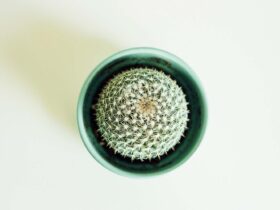
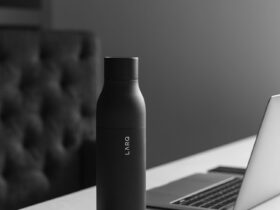
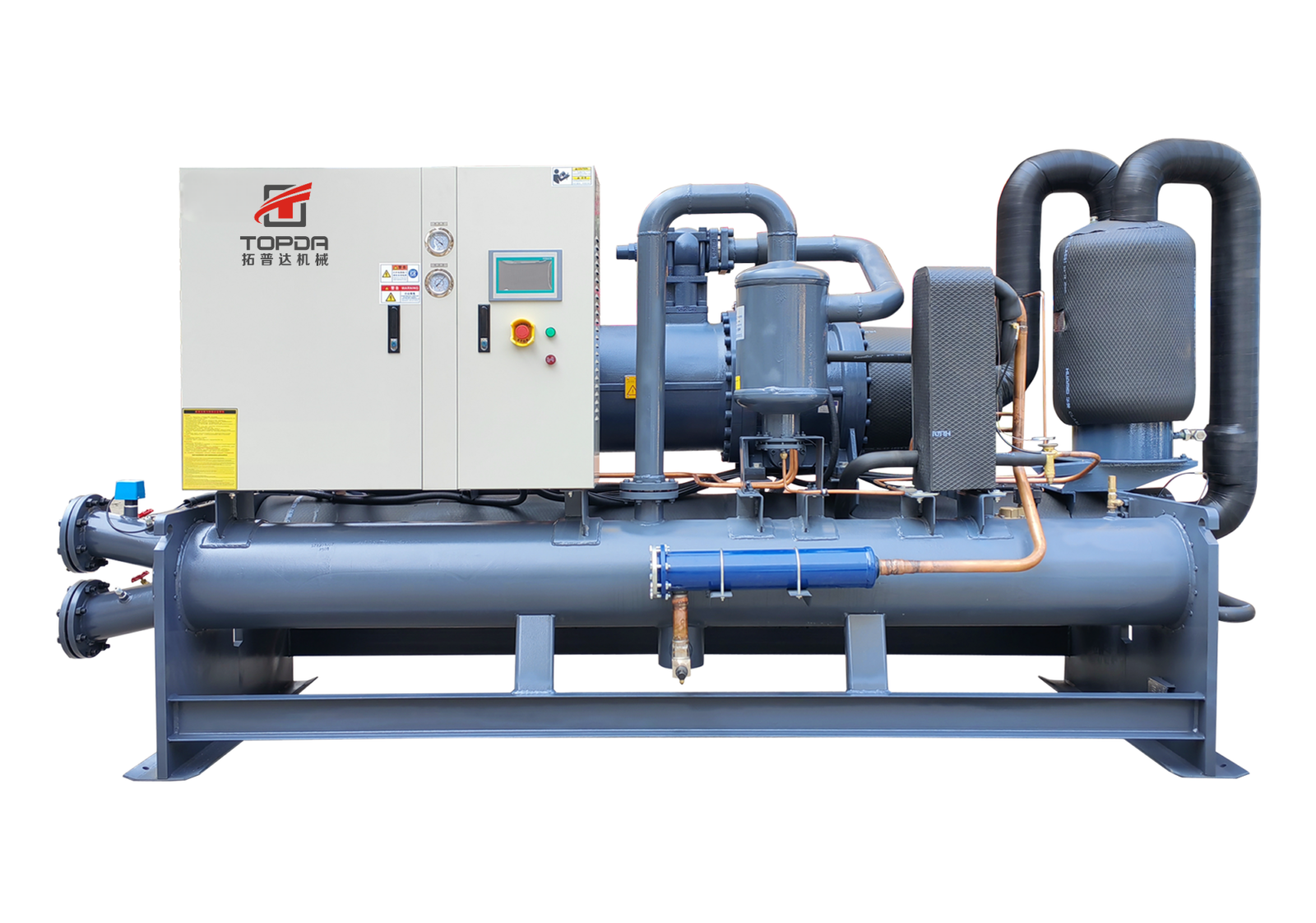
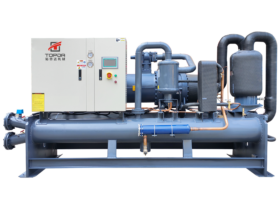
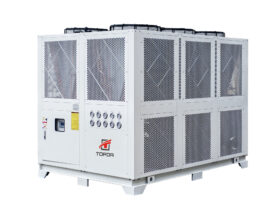
Tinggalkan Balasan